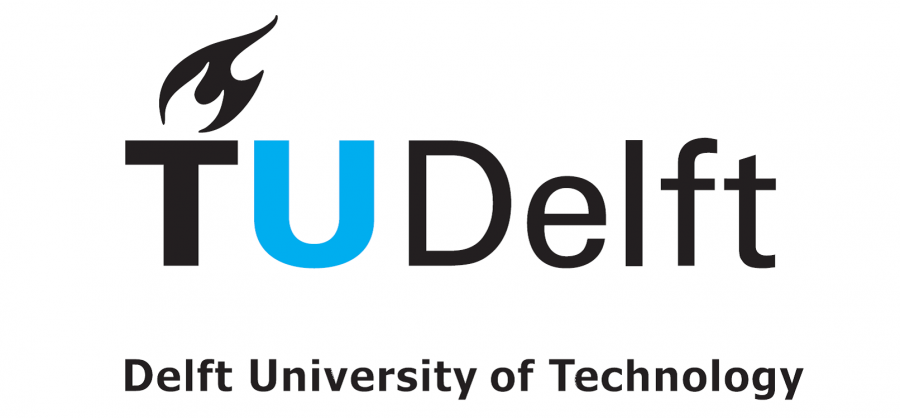Today I present to you the first in a series of posts on electric vehicles! Everything you’ve ever wanted to know about driving an electric car – because since September, I have been!
EVs (or BEVs) are the future. Hydrogen, fuel cell, biofuel and battery electric drivetrains all offer exciting opportunities for the future, but it’s the electric car that’s gathered the most momentum so far. In the first 6 months of 2019, around 800,000 fully electric cars were sold globally, a figure that’s increasing exponentially each year. Those 800k cars added to the 3.3 million electric cars already on the road at the end of 2018.
EVs being the chosen form of future transport is largely down to one man and one company – Elon Musk CEO of Tesla. In fact, it’s the Tesla Model 3 that’s been credited by many as the driver (if you’ll excuse the pun!) of EV adoption growth.
Since its release, it’s dominated the market in the United States and was the 9th best-selling car in 2019. That’s not the 9th best battery electric vehicle (it was the most popular EV) it’s the 9th top-selling car overall! It tops its class selling more small and medium-sized luxury cars to the USA market than Mercedes and Audi combined.
Sales of electric cars in general have been rapidly gathering momentum around the world. Norway is leading the way, where 42% of new car sales in 2019 were BEVs.
The Netherlands is also a trailblazer in the electric future, with the Tesla Model 3 (a fully electric car) claiming the most sales of any car in 2019. In December, 54% of new cars sold in the Netherlands were plug-in electric vehicles (different from battery electric vehicles, as this also includes PHEVs) up from 15% in 2018.
The UKs electric market is also gathering pace, with 7.3% of cars sold in 2019 having a battery and electric motor – so this includes BEVs (100% electric vehicles), PHEVs (plug-in hybrid electric vehicles) and HEVs (hybrid electric vehicles). The BEV market share has more than doubled from 2018s 0.7% market share to 1.6% in 2019 – with 3.3% of cars sold in December fully electric. That could skyrocket next year, as Benefit-in-Kind tax (BIK) becomes 0% on EVs from April.
In my final article of the 2010s, I made some predictions for 2030. One was that in 2030, 95% of new cars sold (globally) would be battery electric vehicles (EVs). I’ve polled 174 current EV owners to get their view on the 95% prediction and turns out, on the whole they agree! The majority (53.5%) think it is likely, with only 28 people saying it’s very unlikely.
You could argue that EV owners are a biased sample, as they’re already living the electric future and won’t want to go back to owning an ICE (internal combustion engine) car, but it’s important to take into account that they are living the limitations of owning an EV too. They understand the challenges of charging, range and existing (breakdown, servicing etc.) providers not understanding the technology.
Based on my knowledge of current uptake, I believe 25% of global new car sales will be EVs by 2024. Bloomberg analysis indicates it won’t be until 2028, with it taking another 10 years until EVs finally de-throne ICE (internal combustion engine) vehicle, topping 50% of sales. In my view, that’s overly pessimistic and I think Bloomberg will be surprised by the rate of acceleration this decade.
We’ll have to wait and see.
Many countries have already moved to ban internal combustion engine cars, with Norway leading the way, phasing out petrol and diesel new car sales by 2025. The country is set to have all cars running on green energy in five years time. The UK has also set a target – albeit a little less ambitions – of 2040 for the ban.
Data suggests global charge point installations have started to rise significantly, 80,000 units installed globally in 2012, 180,000 in 2015 and 630,000 in 2019. Tesla currently have 1,800 Superchargers installed around the world with over 15k individual stalls (or pumps for you ICE fans!) although as these are paid for by Tesla funds, they’re exclusively for Tesla cars.
In order for EVs to be a viable form of transport, destination charging infrastructure is critical. Unlike fossil fuel-powered cars, it’s rare you need to “fill-up” an electric car while out and about, since charging at home and work gives most people enough juice to do their daily driving. Rapid roadside chargers are important too (like Tesla Superchargers, the IONITY network, and Ecotricity) especially for those looking to do more than 200-miles, which is the range of most electric cars.
Over the next few months I’ll be sharing my experience of driving an EV, debunking EV myths and explaining key terms. Hopefully, if I do a really good job, I might even persuade you to make the switch yourself!








